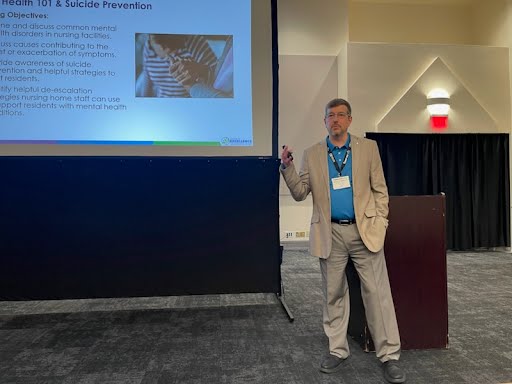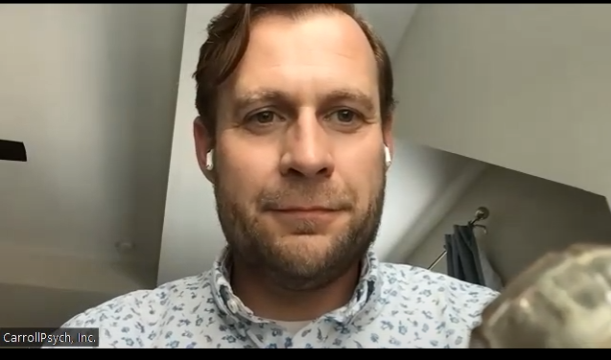You have a great manager working for you. She is your best employee, needs little direction, and is a key part of your organization. She meets the number one aspect of the ideal employee: When she is on the job, you do not have to worry.
So, why are you holding her back? I ask this, because one of the best things a leader can do is to help followers reach their full potential. And that may mean encouraging a wonderful performer to move on rather than selfishly keeping her in place.
This may seem counterintuitive at first, but in reality it’s not. Are you really doing your organization and the individuals involved a service if you keep your best people from growing personally and professionally, even if you have to lose them? Think about those in the organization who are ready to move up and fill other roles as they continue to grow. They deserve those opportunities.
This is not to suggest that every staff is filled with people with leadership potential. Most employees fall in the middle of the pack. I am talking here about your stars. If you cannot provide those opportunities to them internally, then consider helping them find those opportunities in other organizations.
This can be a hard thing to do. Good leaders work to train and support others to fulfill the mission of their own organization. Once you have key players in place, it is natural to want to relax, knowing that the operation is in good hands, that things will run smoothly without you. This is part of why you put them there in the first place.
Good leaders are partners in the development of their people, and sometimes the employee might need a push. I recall having frank conversations and a formal coaching session with one staffer I knew could accomplish more by moving on. She did and has achieved bigger things, including ownership of a business. I was able to bring in another dynamic staff person to fill her position, and operations continued with only a little extra work to get the new staffer up to speed.
Another staff member did not listen and continued along in his old job, doing excellent work but not growing as he could have. It took several years for him to reach the point of growth where he was ready to leave. Within six months of his departure, we met for lunch and he could not stop telling me how happy he was in his new role.
The lesson in these examples: Help your star players reach higher. That is a key component of being a good leader.
It is also possible that leaving a department may not mean leaving the company. In larger organizations there may be opportunities in other divisions. It is delightful to watch someone you have mentored advance within the same company. It may mean some more work for you in the short term, but over the longer haul it will be well worth it.
All of this is critical in becoming what I call an Employer of Choice. In today’s market, the competition for the best workers is more heated than ever. If your organization is seen as a killer of careers, good people will not want to join you, much less stay. An Employer of Choice earns a reputation for enhancing careers, for helping people go on to the next big thing for them. And that reputation makes it easier to recruit promising and ambitious employees at all levels.
I urge you to take inventory of your best employees and where they are headed. Being a good leader means recognizing and cultivating the growth of your best, even if it means seeing them leave. It may create a short-term hole in the nest, but it will be rewarding to seem them soar.
Bryan G. Stephens is an executive on a mission to transform the workplace. He is the founder and CEO of TalkForward, a consulting and training company, utilizing Bryan’s clinical and management expertise to develop managers and teams in a corporate environment. As a licensed therapist with strong understanding of developing human potential, he is dedicated to the development of Human Capital to meet the needs of leaders, managers, and employees in the 21st Century workplace.
Bryan has an Executive MBA from Kennesaw State University, Coles School of Business, and both a Master’s and Bachelor’s degree in Psychology.






